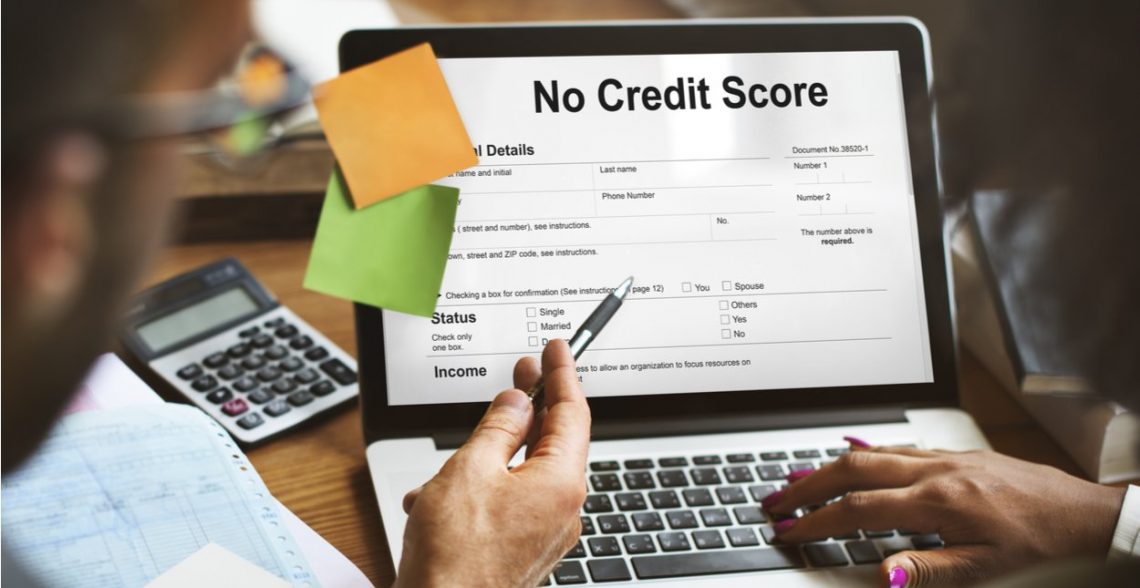Upcoming travel, car up grade, Christmas festivities or home renovations coming? If you want usage of money to cover costs like these, you might be considering an individual loan or mastercard. Choosing between the two can be complicated. We’ll explain the differences and just why one may be considered a more desirable borrowing option for you.
Unsecured loans vs bank cards
The largest difference between a personal loan and a debit card is that with a personal loan you’re given a lump sum upfront, whereas a credit card you’re given a limit that you can spend up to. Both have their advantages and disadvantages. Read on to see which best fits you.
What is a cash advance and just how do they work?
An individual loan is a fixed amount of finance that you repay in instalments over a period. Generally, they’re used for greater purchases.
Established borrowing amount
When you remove an individual loan, you’ll be approved to borrow a set amount of money. You’ll acquire this as a lump total at the beginning of the loan term. Unlike a debit card, which really is a revolving credit line, you won’t have the ability to spend more than the amount you’ve been approved for.
Example:
Let’s say you’ve been quoted a set price for a bathroom renovation that you need to pay as a lump amount. You may already know how much money you’ll need, and it’s more than your credit greeting card limit or even more than you pays back in per month, an individual loan can work well.
Repayments and interest levels
While unsecured unsecured loans don’t usually hold mortgage loan as low as a secured loan, like a mortgage loan, they typically have a lower interest rate than bank cards.
With an individual loan, you’ll have to repay a specific amount each month over a set time frame (usually between a one and seven year period).
Fees and charges
A personal loan will generally have a credit card applicatoin fee when you remove the loan and a little monthly fee.
Exactly what is a credit card and just how do they work?
A debit card provides access to funds up to certain limit. They’re great for daily expenditures, regular debts or smaller buys that you’ll have the ability to pay off each month. Like unsecured loans, they’re also a type of unsecured lending.
Flexible borrowing
Bank cards provide great overall flexibility as they become a credit line which you can use as you will need. You’re offered a borrowing limit and can regularly spend up to that limit (so long as you pay the mandatory minimum every month repayment). The very least charge card limit begins from only $1,000. Unlike a personal loan where you’ve borrowed a set amount upfront and that’s whatever you can spend, you can continue steadily to spend with bank cards up to your available balance. Credit card debt is revolving, if you’re not careful with your spending, you can spend more than you designed or have the ability to manage. It’s important to keep your charge card balance to a quantity that you can manage and find the money for to repay. With our budget planner we’ll help you decide to do the numbers so you can budget your earnings successfully.
Example:
Let’s say you’re slowly but surely renovating and growing the cost across a number of months, you may look at spending money on the renovations as you go with a debit card (provided you are feeling confident that you pays off the amount of money you spend).
Repayments and interest levels
In most cases, credit cards carry a higher interest rate than unsecured loans. On your credit card’s deadline, you’ll need to produce a minimum monthly payment. If you want to avoid paying interest, you need to repay the card balance completely each month.
Fees and charges
Apart from interest charged, a debit card typically comes with an annual cards fee. A couple of additional charges for withdrawing cash – a advance loan charge and a cash advance rate (a higher interest for withdrawing cash). If you want to withdraw a lot of cash, an individual loan may be an improved option as there are no fees to get this done.
So what will be the benefits associated with paying with a debit card?
If you’re heading to employ a credit-based card for acquisitions and bills, it’s best to only spend what you are able to pay off every month to avoid costly interest charges. Apart from helping with short term cashflow issues throughout the month, or using your visa or mastercard to help manage your monthly household expenses, bank cards have other benefits.






